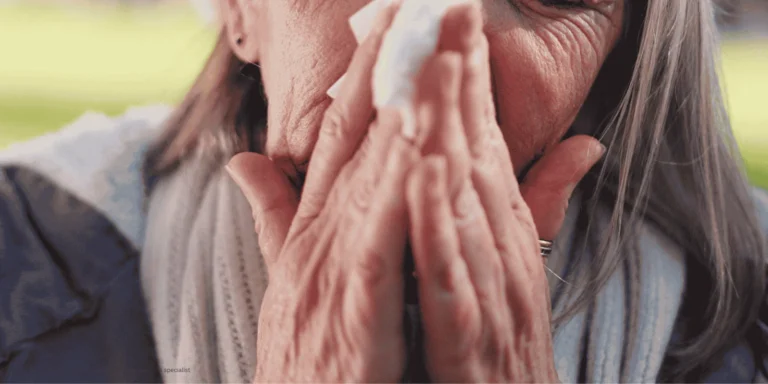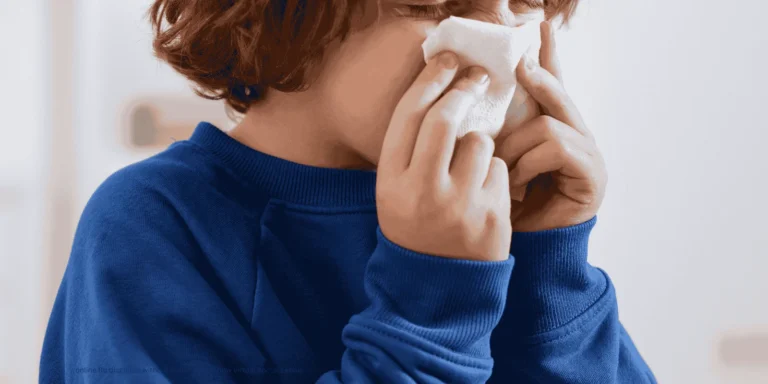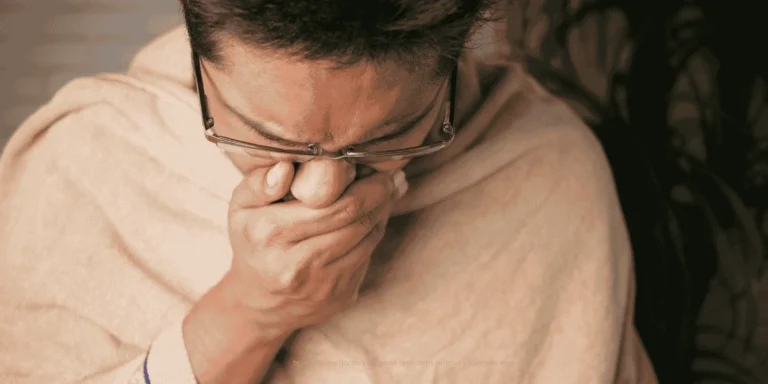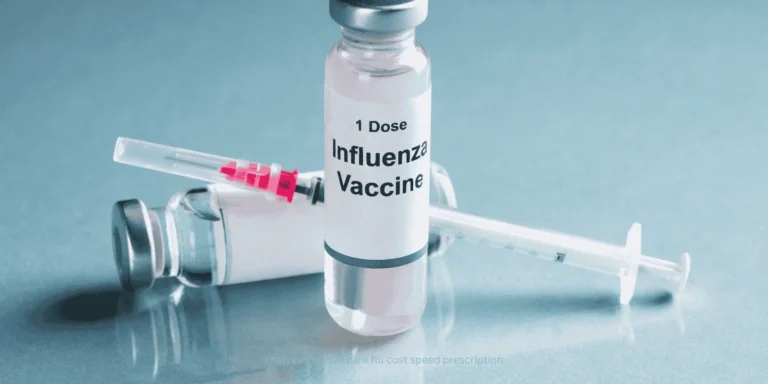“My 78-year-old mother doesn’t have a fever or bad cough,” a concerned daughter told me. “But she’s confused and barely eating. Could this be pneumonia?”
Pneumonia in elderly patients often presents completely differently than in younger adults, making it one of the most dangerous yet frequently missed diagnoses in this age group.
Why Elderly Pneumonia Differs
Blunted immune responses mean older adults often don’t mount typical fever reactions to serious infections.
Reduced cough reflex allows fluid and bacteria to accumulate in lungs without triggering the protective coughing that alerts younger patients.
Multiple chronic conditions mask or complicate pneumonia symptoms, making diagnosis challenging.
Weakened respiratory muscles impair the body’s ability to clear secretions effectively.
A typical Symptom Presentation
Mental status changes may be the first or only sign. Sudden confusion, lethargy, or personality changes often indicate serious infection in elderly patients.
Falls or weakness can result from infection-related dehydration and low blood pressure rather than obvious respiratory symptoms.
Loss of appetite and failure to eat or drink normally may precede any respiratory complaints.
Increased baseline symptoms like worsening shortness of breath in someone with COPD might be the only clue.
Hidden Warning Signs
Subtle respiratory changes including slightly faster breathing or mild shortness of breath with normal activities.
Temperature variations — elderly patients may run low temperatures (hypothermia) rather than fevers during serious infections.
Decreased activity or spending more time in bed than usual can indicate serious illness brewing.
New or worsening confusion that family members notice before any respiratory complaints emerge.
Why Delayed Diagnosis Is Common
Gradual onset means symptoms develop over days, with family members initially attributing changes to “having a bad day.”
Overlapping conditions make it difficult to distinguish new pneumonia from existing heart failure, COPD, or other chronic illnesses.
Communication barriers from dementia or cognitive decline prevent patients from reporting symptoms.
Healthcare minimization by elderly patients who don’t want to “bother anyone” with complaints.
Complications Happen Faster
Sepsis development occurs more rapidly in elderly patients, progressing from localized infection to life-threatening systemic illness within hours.
Respiratory failure can develop suddenly when weakened systems can no longer compensate.
Dehydration happens quickly in elderly patients who stop eating and drinking due to illness.
Hospital-acquired complications like delirium and pressure ulcers increase with delayed treatment.
Risk Factors Multiply Dangers
Aspiration risk from swallowing difficulties allows food or liquid to enter lungs, causing severe pneumonia.
Malnutrition and poor baseline health status reduce the body’s infection-fighting capacity.
Medications that suppress immune systems or cause sedation increase pneumonia susceptibility.
Recent hospitalizations or nursing home residence expose patients to more resistant bacteria.
When to Seek Immediate Care
New confusion or significant changes in mental status require emergency evaluation.
Rapid breathing (over 20 breaths per minute at rest) indicates respiratory distress.
Very low blood pressure or dizziness when standing suggests developing sepsis.
Blue lips or fingernails indicate dangerous oxygen levels requiring immediate treatment.
Prevention Strategies
Vaccination including pneumococcal vaccines and annual flu shots significantly reduces pneumonia risk.
Aspiration precautions like eating slowly, sitting upright during meals, and addressing swallowing difficulties.
Oral hygiene reduces bacteria that can be aspirated into lungs.
Mobility maintenance helps keep lungs clear and reduces pneumonia risk in bedridden patients.
Treatment Considerations
Hospitalization is often necessary for elderly pneumonia patients due to rapid complication development.
IV antibiotics may be required when oral medications aren’t absorbed well or illness is severe.
Supportive care including oxygen, IV fluids, and nutritional support becomes crucial.
Monitoring intensity needs to be higher given the rapid progression potential.
Recovery Challenges
Prolonged weakness after pneumonia can trigger a cascade of problems including falls and further decline.
Rehabilitation needs often exceed pre-pneumonia baseline, requiring therapy and assistance.
Mortality risk remains elevated for months after pneumonia episodes in elderly patients.
The key message for families: trust your instincts when elderly loved ones seem “off” even without obvious pneumonia symptoms. Early recognition and treatment can be lifesaving.












